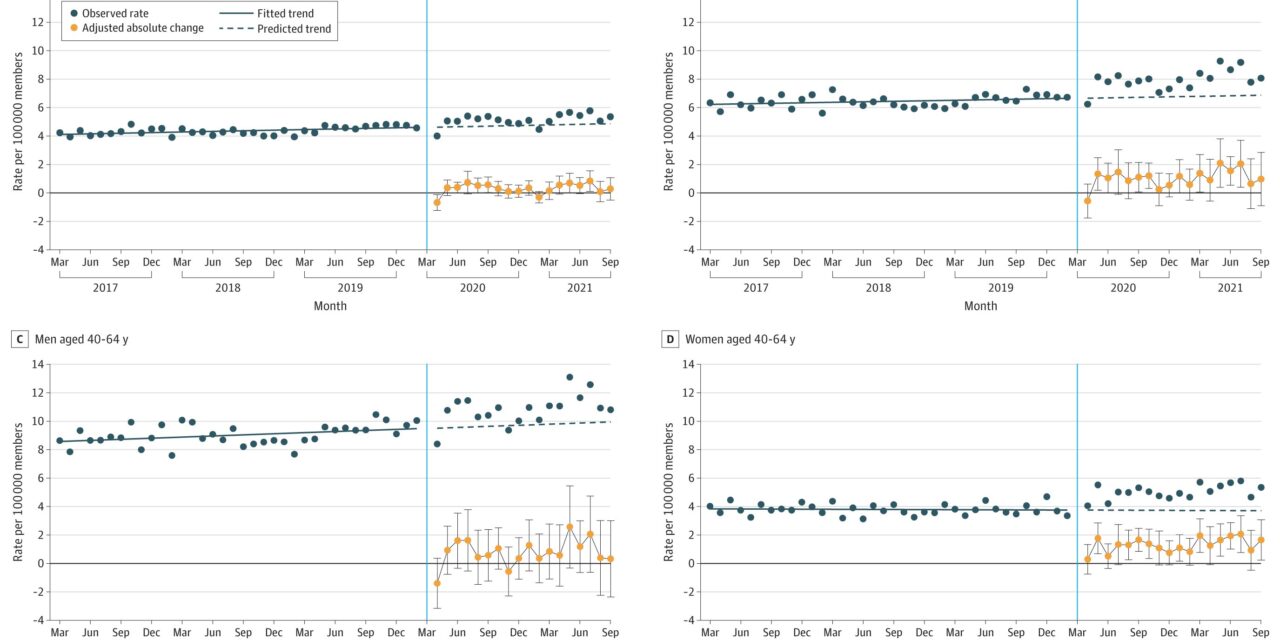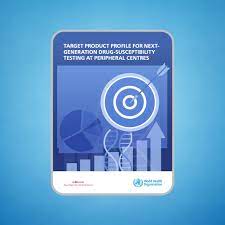A concerning trend has emerged as new research led by a University of Pittsburgh physician-scientist reveals a significant uptick in alcohol-related health complications among middle-aged women during the COVID-19 pandemic. Published today in JAMA Health Forum, the study underscores the urgent need for public health interventions to address this alarming surge in alcohol-related illnesses.
Lead author Bryant Shuey, M.D., M.P.H., assistant professor of medicine at UPMC, highlights the stark findings, emphasizing the need for immediate action to reverse the concerning trend. “Even though alcohol-related deaths are higher among men than women, the rate of change has increased faster among women compared to men over the last decade,” Shuey stated.
Drawing upon a deidentified commercial insurance database encompassing over 14 million patients aged 15 and older, the researchers examined monthly rates of alcohol-related complications necessitating urgent medical attention. These complications ranged from alcohol-related liver diseases to alcohol withdrawal and heart disease.
The study found that middle-aged women experienced higher-than-expected rates of hospital admissions for alcohol-related complications in 10 out of 18 months following the onset of the pandemic in the U.S. Moreover, these women exhibited alarming rates of hospital admissions for alcohol-related liver diseases in 16 out of 18 pandemic months, indicating a concerning escalation in alcohol-related health problems.
While the exact reasons for these increases remain elusive, previous research has highlighted a concerning trend of increased alcohol use among U.S. women over the past decade. The pandemic may have exacerbated this trend, leading to a surge in alcohol-related health complications among middle-aged women.
Shuey suggests that difficulties in accessing outpatient healthcare during the pandemic, coupled with relaxed alcohol policies such as alcohol delivery, may have contributed to the rise in high-acuity episodes.
Acknowledging the severity of the situation, Shuey emphasizes the importance of reducing alcohol consumption and implementing effective interventions to address alcohol addiction. “There are effective treatments for alcohol addiction, ranging from behavioral interventions to medications,” he states, advocating for policies such as increased alcohol taxes and advertising limitations to mitigate harmful alcohol use.
While the study focuses primarily on middle-aged women, the researchers suggest that similar increases in alcohol-related complications may have affected males as well, necessitating further research to comprehensively understand the scope of the issue.
The findings underscore the critical importance of addressing the growing public health crisis of alcohol-related illnesses, particularly among vulnerable populations, in the wake of the COVID-19 pandemic.











